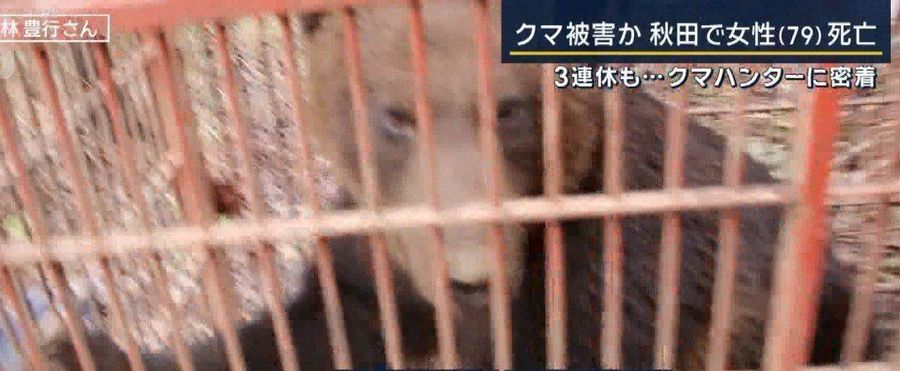Bear hunting operations in Japan have reached the third consecutive day, with a keen spotlight cast on the participating hunters. This task has been executed due to a surge in bear sightings near populated areas, posing a potential threat to public safety. The hunting process strictly complies with local regulatory parameters and animal welfare considerations. Particular emphasis is placed on the benignant capture, relocation and, if needed, euthanasia of the animals.
In Japan, bear hunting is a significant issue both from an environmental and public safety perspective. With regular occurrences of bears wandering into residential areas, the act of bear hunting forms a critical part of community safety measures. The process, however, has to conform to stringent wildlife protection laws, thus ensuring minimal harm to the animal species and keeping their population within control.
Similar to Japan, countries in the US and EU have their respective measures for handling conflicts between wildlife and humans. In the US, for instance, state wildlife agencies regularly manage bear populations to reduce human-bear conflicts. In the EU, many countries practice relocation of bears away from human settlements, and where necessary conduct controlled population management.

